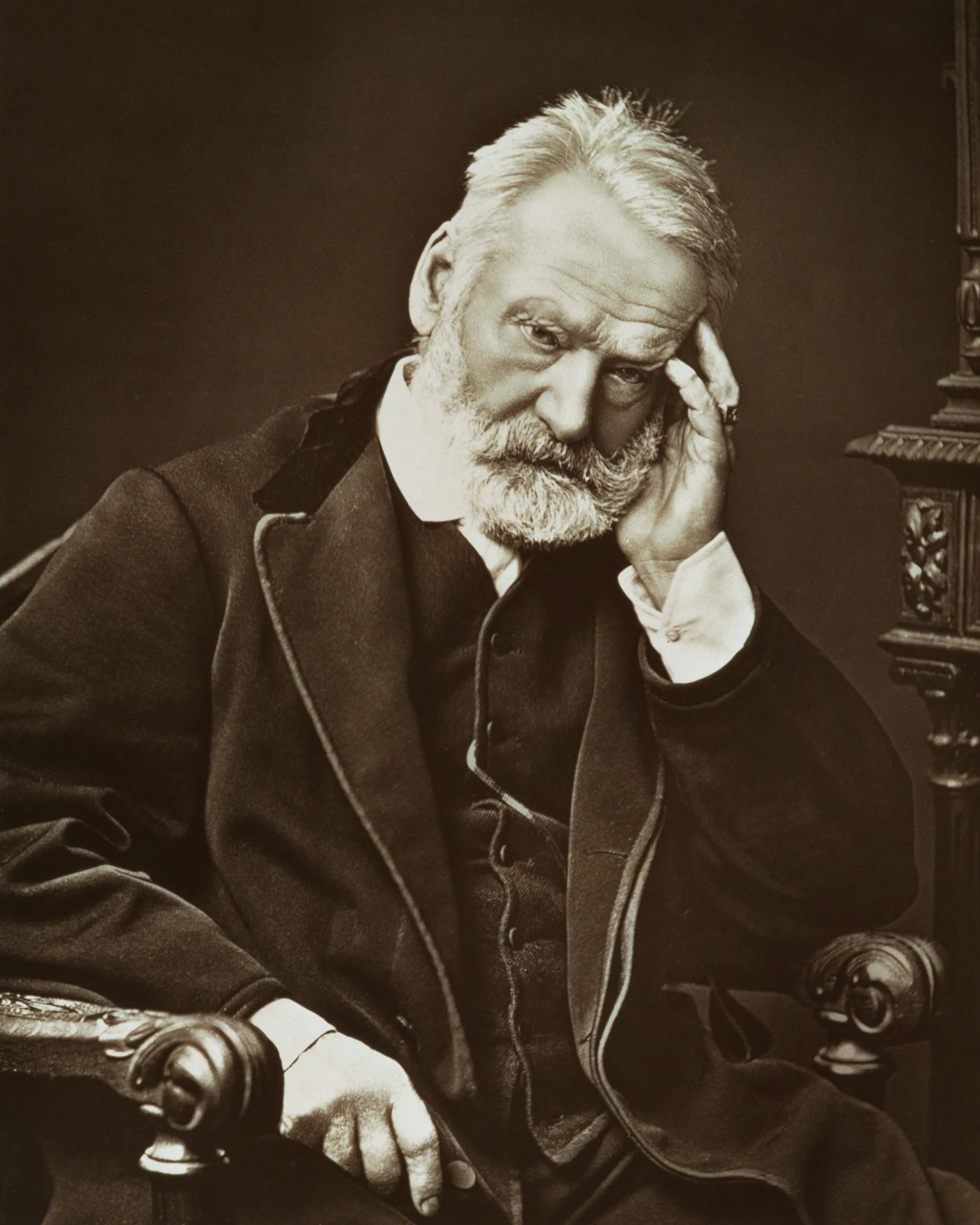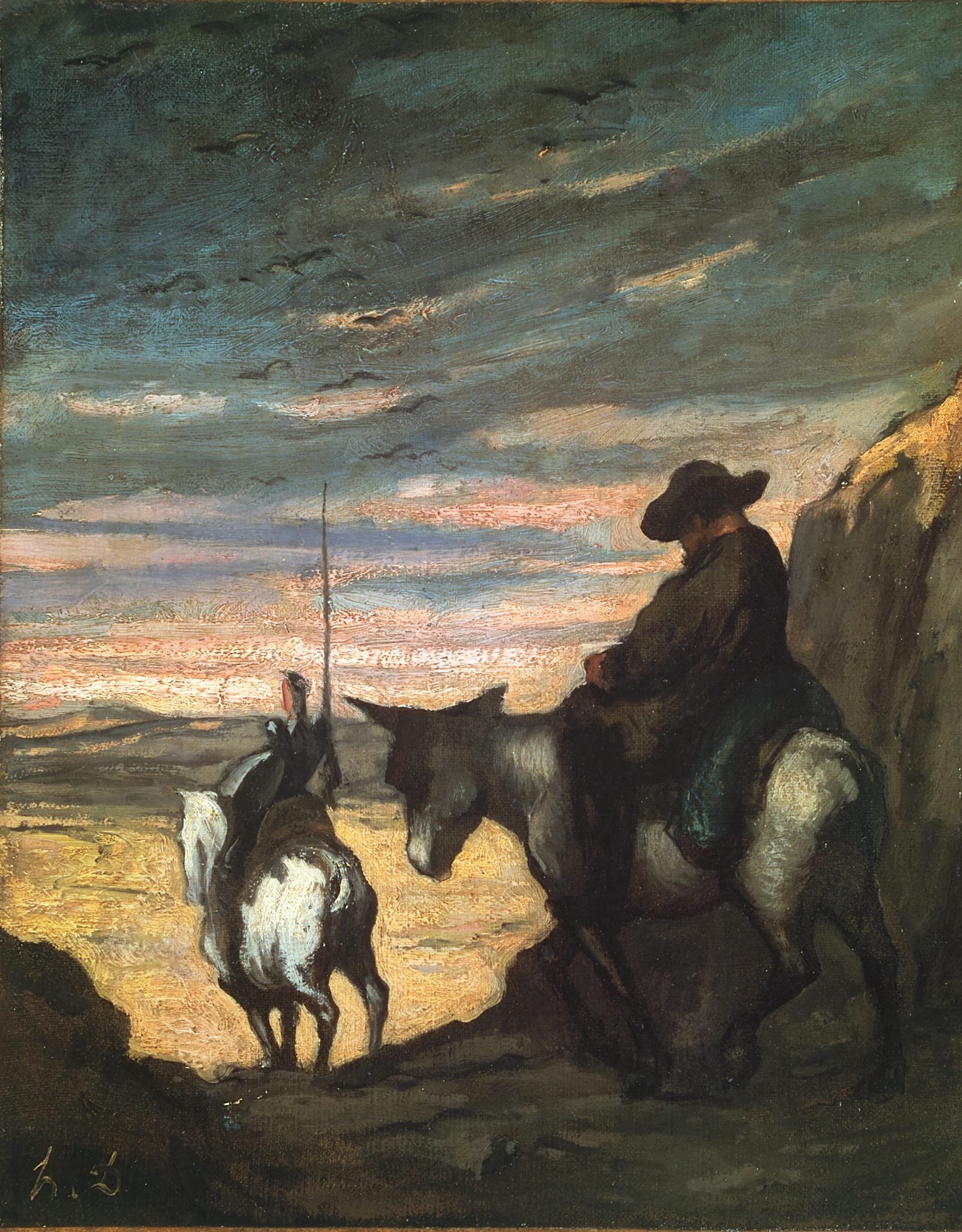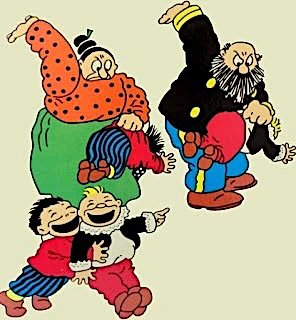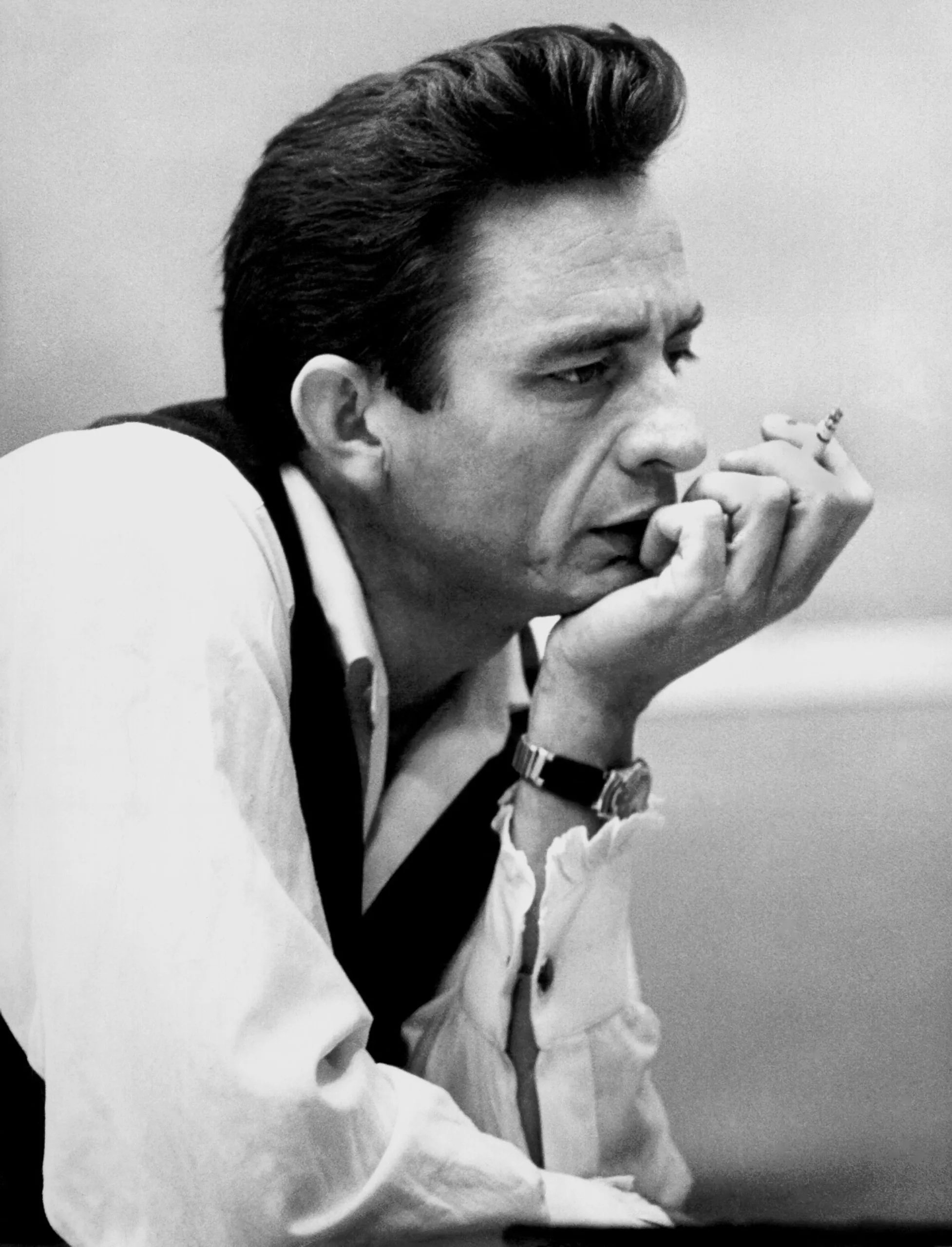FEBRUARY 26
CHRISTOPHER MARLOWE (Feb. 26, 1564)
February 26 is the birthday of English playwright and poet CHRISTOPHER MARLOWE (1564-1593). He is perhaps best known for his play DOCTOR FAUSTUS.
"O, thou art fairer than the evening air clad in the beauty of a thousand stars."
"Some scholars believe that a warrant was issued for Marlowe's arrest on 18 May 1593. No reason was given for it, though it was thought to be connected to allegations of blasphemy—a manuscript believed to have been written by Marlowe was said to contain 'vile heretical conceipts.' On 20 May, he was brought to the court to attend upon the Privy Council for questioning. There is no record of their having met that day, and his being commanded to attend upon them each day thereafter, until 'licensed to the contrary.' Ten days later, he was stabbed to death by Ingram Frizer. Whether or not the stabbing was connected to his arrest remains unknown." (Wikipedia)
VICTOR HUGO (Feb. 26, 1802)
February 26 is the birthday of French author VICTOR HUGO (1802-1885). Hugo is best known for his novels "The Hunchback of Notre Dame" and his epic story of the Paris uprising of 1832, "LES MISERABLES."
"When dictatorship is a fact, revolution becomes a right."
"To give thanks in solitude is enough. Thanksgiving has wings and goes where it must go. Your prayer knows much more about it than you do."
"As a writer he captured the revolutionary spirit of his age and inspired generations to come. In particular, Les Misérables captured the struggles, heroism, and humanity of those who had been condemned to marginality.
Eugene Debs, who was given the middle name Victor in honor of Hugo, read Les Misérables over and over throughout his life, both in French and English. The brutality of poverty—the theme of Hugo’s masterpiece—was something he never forgot. Louise Michel, the inspiring revolutionary female incendiary and leader of the Paris Commune, called herself Enjolras after the student leader of the revolution at the heart of Hugo’s novel. And 150 years later, in film and on stage, Les Misérables inspires audiences around the world to sing of revolution, barricades, and a better world." (Megan Behrent)
HONORÉ DAUMIER (Feb. 26, 1808)
February 26 is the birthday of French painter, sculptor, and printmaker HONORÉ DAUMIER (1808-1879).
“I care more about my pipe than about fame and honors."
Daumier's "many works offer commentary on the social and political life in France, from the Revolution of 1830 to the fall of the Second French Empire in 1870. He earned a living producing caricatures and cartoons in newspapers and periodicals such as La Caricature and Le Charivari, for which he became well known in his lifetime and is still remembered today. He was a republican democrat (working class liberal), who satirized and lampooned the monarchy, politicians, the judiciary, lawyers, the bourgeoisie, as well as his countrymen and human nature in general ... Later generations would recognize Daumier as one of the great French artists of the 19th century, profoundly influencing a younger generation of impressionist and postimpressionist painters. Daumier was a tireless and prolific artist and produced more than 100 sculptures, 500 paintings, 1,000 drawings, 1,000 wood engravings, and 4,000 lithographs."
To see examples of Daumier’s art, CLICK HERE.
RUDOLPH DIRKS (Feb. 26, 1877)
February 26 is the birthday of American comic strip pioneer RUDOLPH DIRKS (1877-1968).
He's best known for one of the earliest newspaper comic strips, THE KATZENJAMMER KIDS, which made its debut in 1897 and was continued after Dirks death by a variety of artists. It is still syndicated in over 50 newspapers and magazines. "The Katzenjammer Kids" was also one of the first newspaper comic strips to be transferred to the big screen as can be seen in "Policy and Pie" from 1918.
TEX AVERY (Feb. 26, 1908)
February 26 is the birthday of American animator TEX AVERY (1908-1980).
Avery "was an American animator and director, known for producing and directing animated cartoons during the golden age of American animation. His most significant work was for the Warner Bros. and Metro-Goldwyn-Mayer studios, where he was crucial in the creation and evolution of famous animated characters such as Bugs Bunny, Daffy Duck, Porky Pig, Elmer Fudd, Droopy, Screwy Squirrel, George and Junior, and Chilly Willy ...
Above all, he steered the Warner Bros. house style away from Disney-esque sentimentality and made cartoons that appealed equally to adults, who appreciated Avery's speed, sarcasm, and irony, and to kids, who liked the nonstop action. Disney's 'cute and cuddly' creatures, under Avery's guidance, were transformed into unflappable wits like Bugs Bunny, endearing buffoons like Porky Pig, or dazzling crazies like Daffy Duck." (Wikipedia)
FATS DOMINO (Feb. 26, 1928)
February 26 is the birthday of American singer-songwriter and pianist FATS DOMINO (1928-2017).
"My music was a mixture of everything New Orleans."
Domino "was shy and modest by nature but made a significant contribution to the rock and roll genre. Elvis Presley declared Domino a "huge influence on me when I started out" and when they first met in 1959, described him as "the real king of rock 'n' roll". The Beatles were also heavily influenced by Domino.
Four of Domino's records were named to the Grammy Hall of Fame for their significance: 'Blueberry Hill,' 'Ain't That a Shame,' 'Walking to New Orleans' and 'The Fat Man.' He was inducted into the Rock and Roll Hall of Fame as part of its first group of inductees in 1986. The Associated Press estimates that during his career, Domino 'sold more than 110 million records.'" (Wikipedia)
JOHNNY CASH (Feb. 26, 1932)
February 26 is the birthday of American singer-songwriter JOHNNY CASH (1932-2003).
"Sometimes I am two people. Johnny is the nice one. Cash causes all the trouble. They fight."
Cash's "music contains themes of sorrow, moral tribulation, and redemption, especially songs from the later stages of his career. He was known for his deep, calm, bass-baritone voice, the distinctive sound of his backing band, the Tennessee Three, that was characterized by its train-like chugging guitar rhythms, a rebelliousness coupled with an increasingly somber and humble demeanor, and his free prison concerts. Cash wore a trademark all-black stage wardrobe, which earned him the nickname 'Man in Black.'" (Wikipedia)







